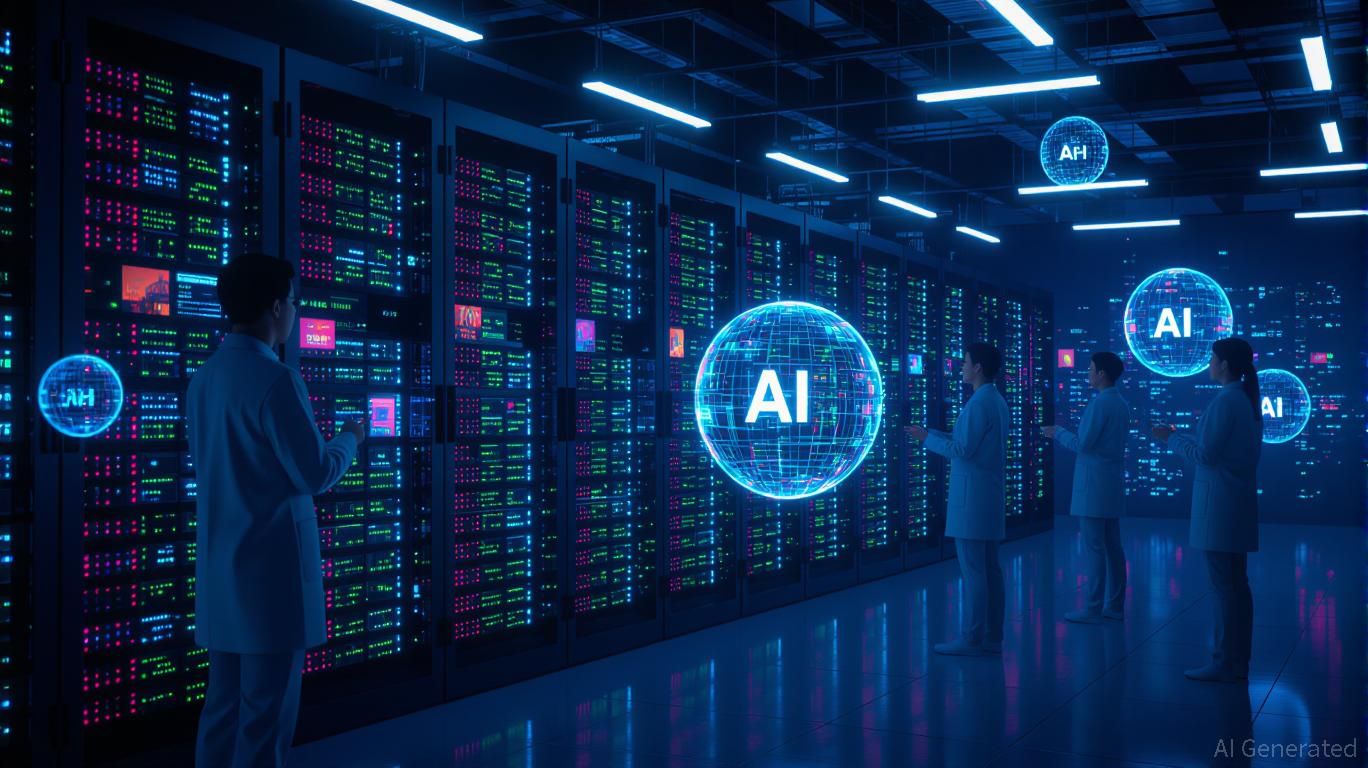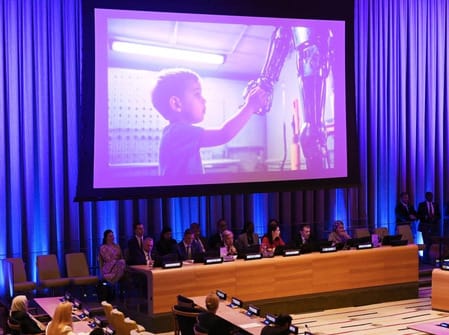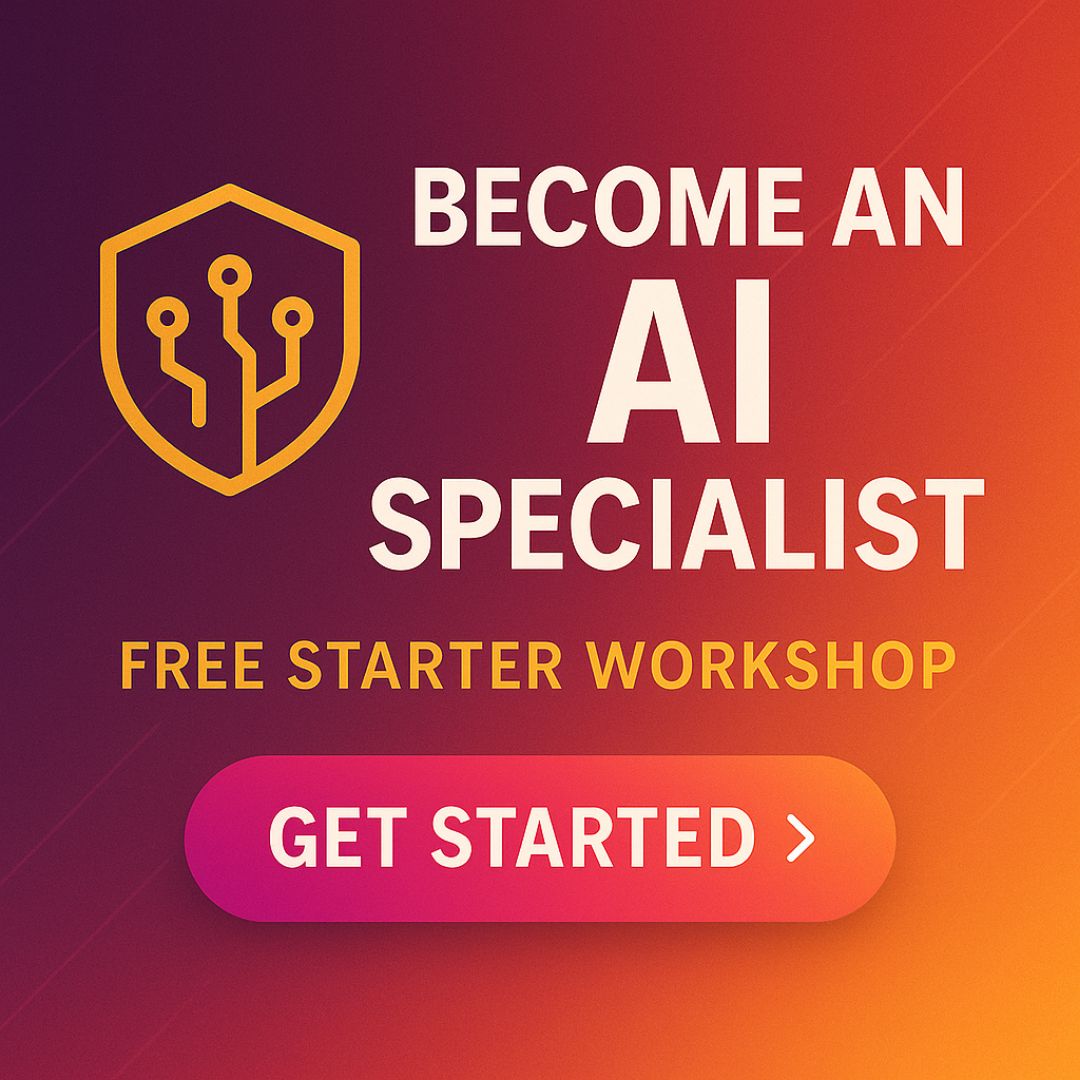- TLDR AI
- Posts
- The AI boom has a dirty secret
The AI boom has a dirty secret
PLUS: Apple’s new assistant, UN alarm bells, and the rise of “workslop”
Good morning, AI enthusiasts. This week, AI’s power move is showing its bones. We see massive infrastructure bets, Apple quietly testing its next chatbot, and a hard truth about AI’s impact on productivity. Plus: a global voice from the UN reminding us who’s watching as tech expands. Let’s break it down.
In today’s TLDR AI:
Apple tests “Veritas” internally to upgrade Siri’s intelligence
Trillion‑dollar infrastructure deals are fueling the AI boom
AI‑generated “workslop” is eroding real productivity
UN launches a global dialogue on AI governance
LATEST DEVELOPMENTS

TLDR: Apple is internally testing a ChatGPT‑style bot called Veritas, used by employees to experiment with new capabilities before broader release.
Veritas can interact conversationally, search through personal data, and invoke in‑app actions like photo edits
It functions as a testbed for Apple’s next-gen Siri upgrades though no public release is planned yet.
The move signals Apple’s urgency to close the gap with generative AI rivals.
Why it matters: If Veritas works well, it could transform Siri from reactive voice assistant into a context-aware, proactive AI tool inside your device.

TLDR: Industry leaders are declaring this decade the era of the AI backbone with massive investments to build what powers next‑gen models
BigTech, governments, and cloud providers are signing deals worth billions to build data centers, power systems, and networks.
Analysts estimate $3–4 trillion will be spent this decade just to support compute demand.
The scale is stressing grids, real estate, and global supply chains.
Why it matters: Models matter. But infrastructure dictates which models are feasible and who controls the arteries of compute will shape AI’s future.

TLDR: A recent HBR study exposes a phenomenon called “workslop”: polished but hollow AI outputs that require human cleanup, wasting time and undermining trust.
Forty‑one percent of surveyed workers say they’ve received AI content that felt superficially good but lacked substance, dragging on productivity.
On average, such work costs almost two hours of rework per instance.
Workslop” disproportionately hurts perception: authors of such content are viewed as less reliable.
Why it matters: AI isn’t magic. If the output just creates more cleanup, it becomes friction, not a force multiplier.

TLDR: The UN Secretary‑General opened a high-level informal meeting on global AI governance, calling for multi-stakeholder cooperation to build safe systems.
He emphasized that norms and treaty frameworks must keep pace with the speed of innovation.
The event underscores growing pressure on AI companies to answer not just how to build, but how and under what rules.
Nations and private sectors are urged to contribute solutions, not just debates.
Why it matters: AI’s structure is now political. Global frameworks will influence everything from investment to model release to enforcement.
COMMUNITY
Want to master AI & automations? Ready to turn your AI skills into a new revenue stream? Get started with our FREE workshop.
Learn how you can monetize AI and get certified as an AI specialist during our free web class. Click here to register.

Reply